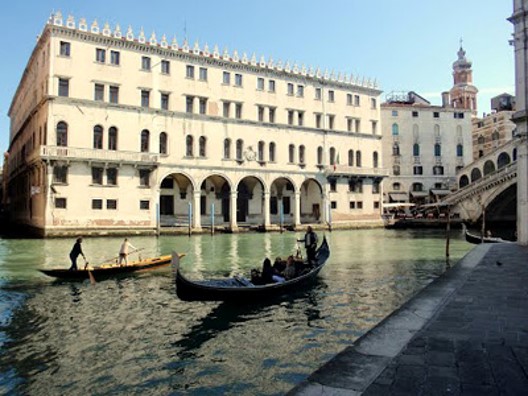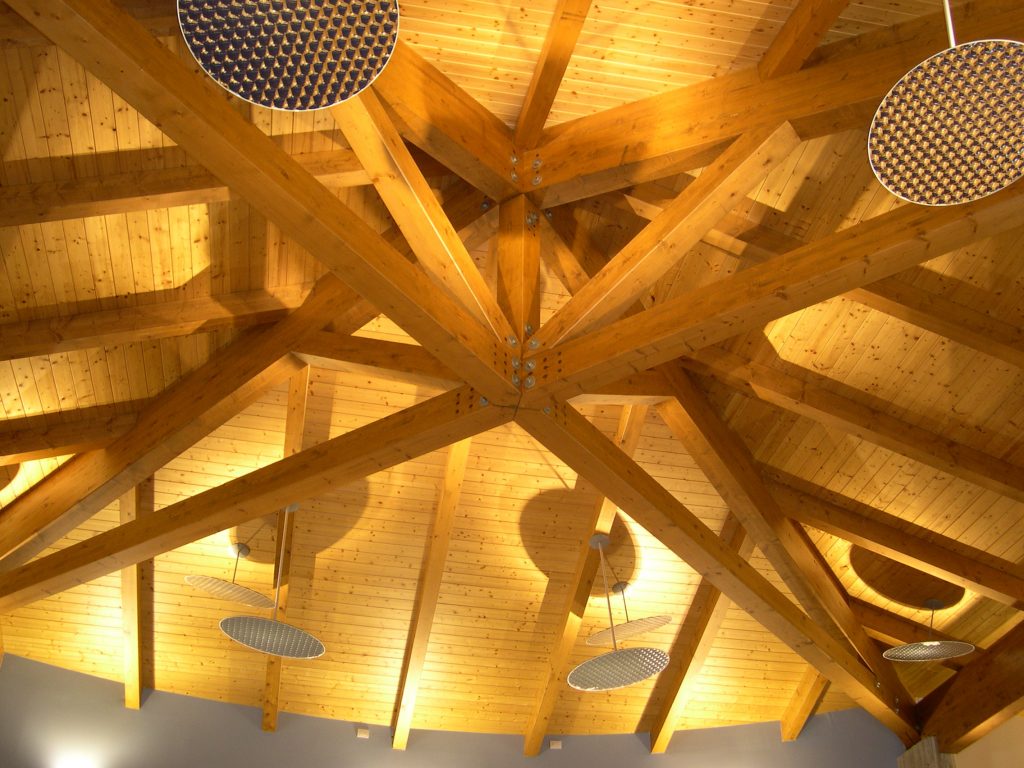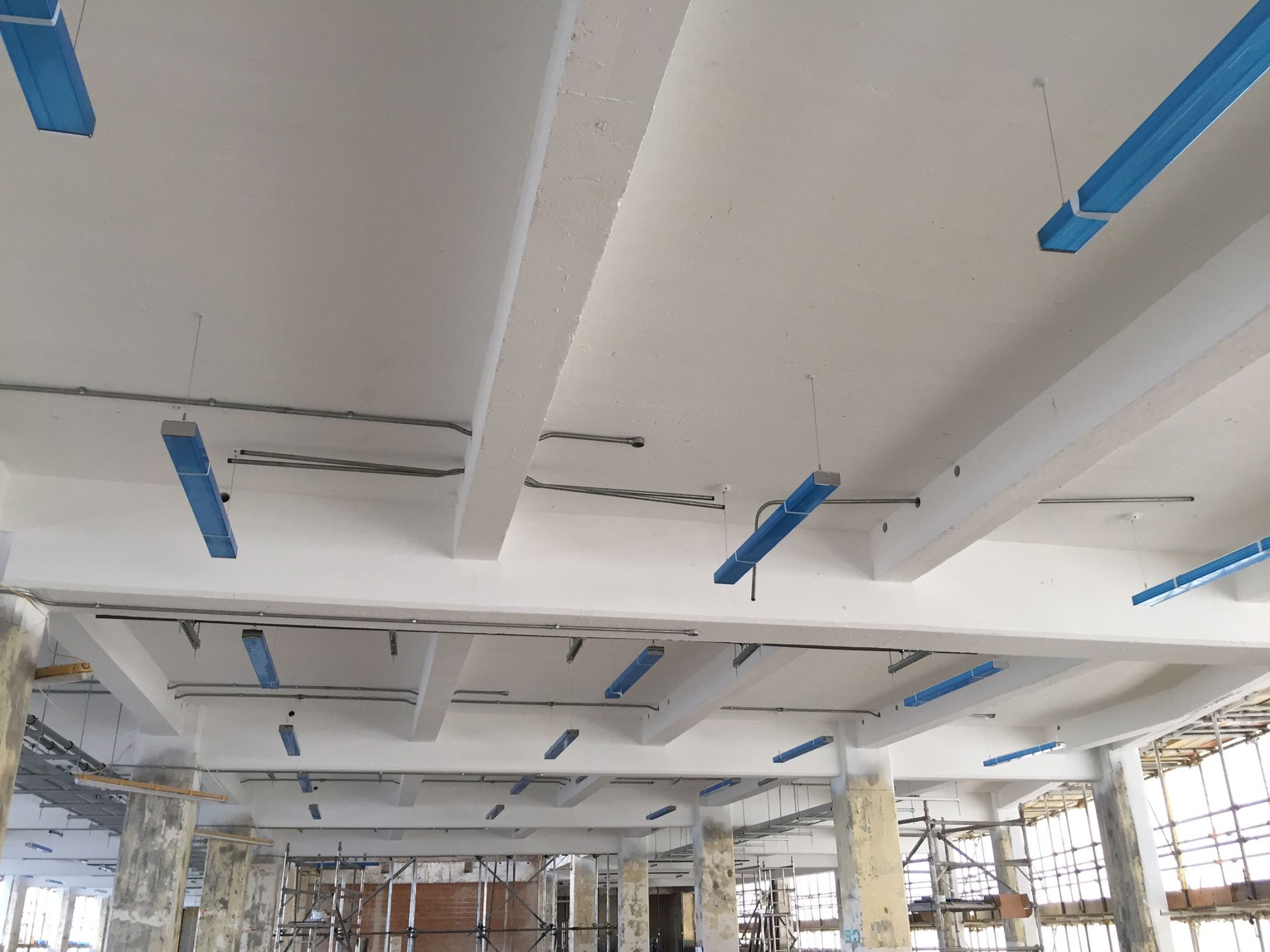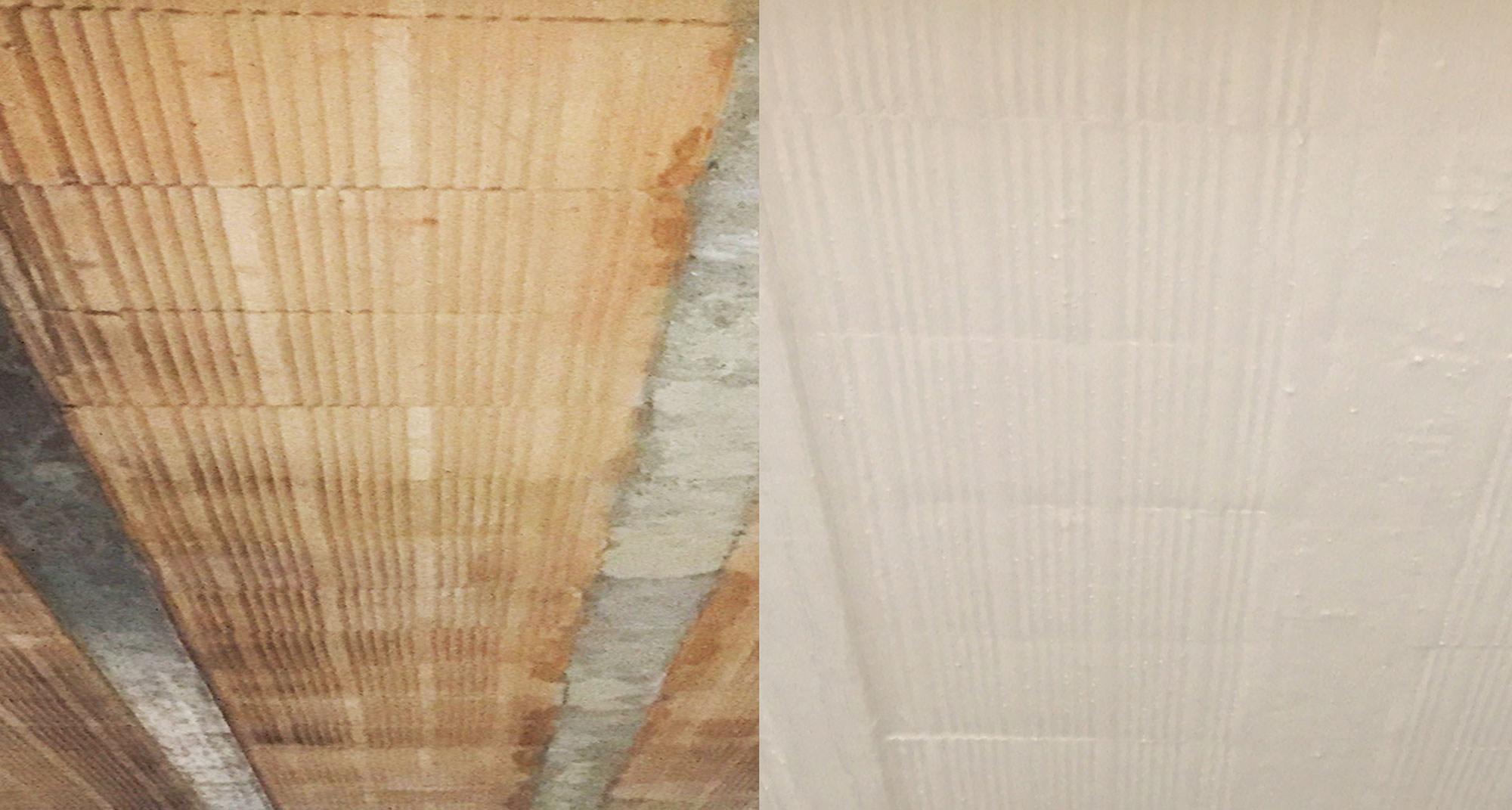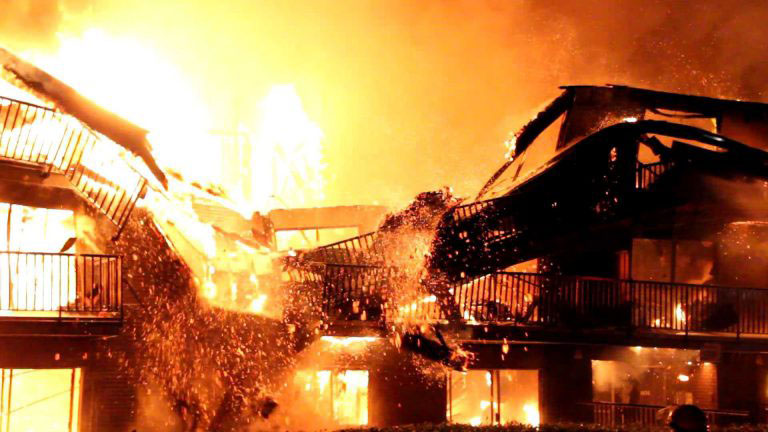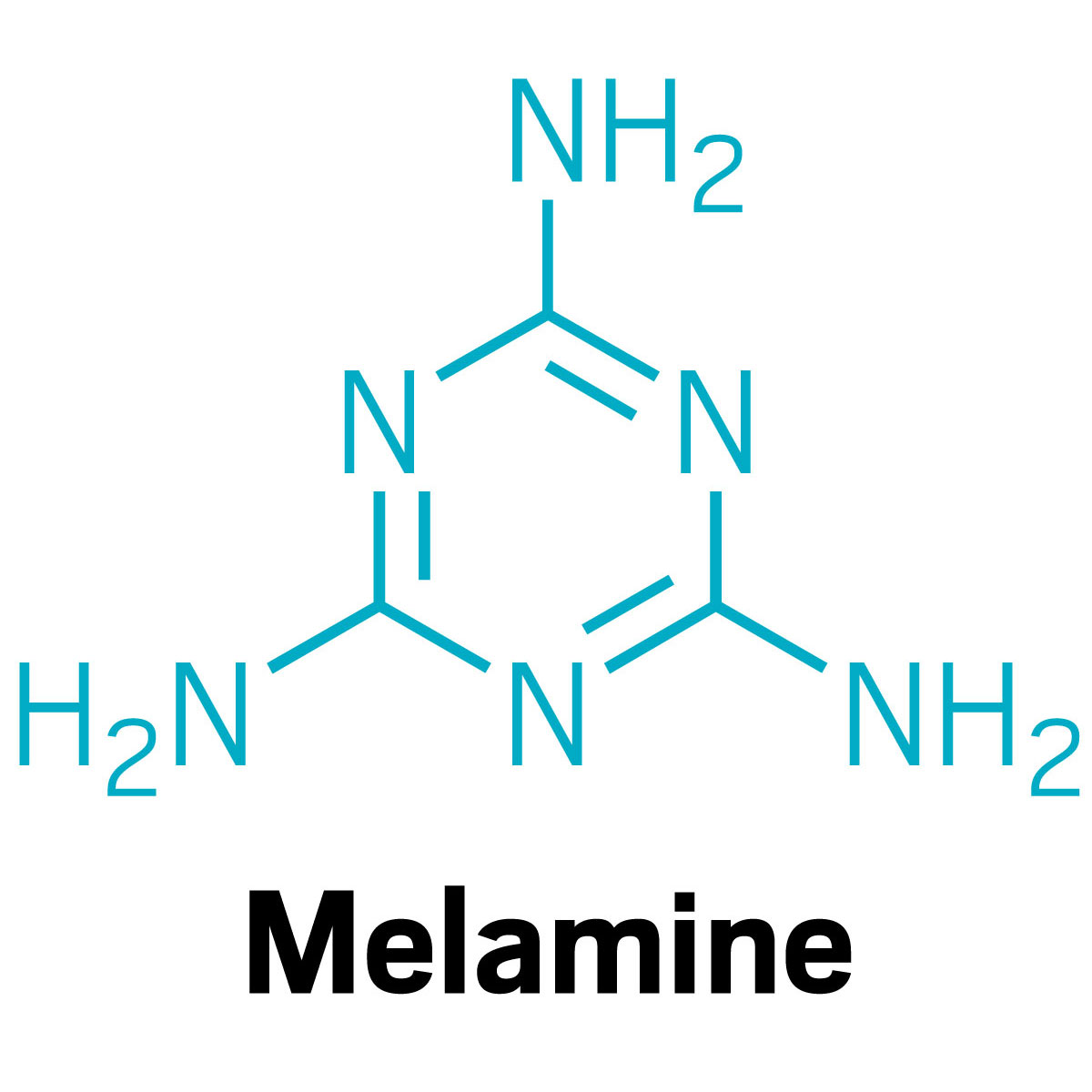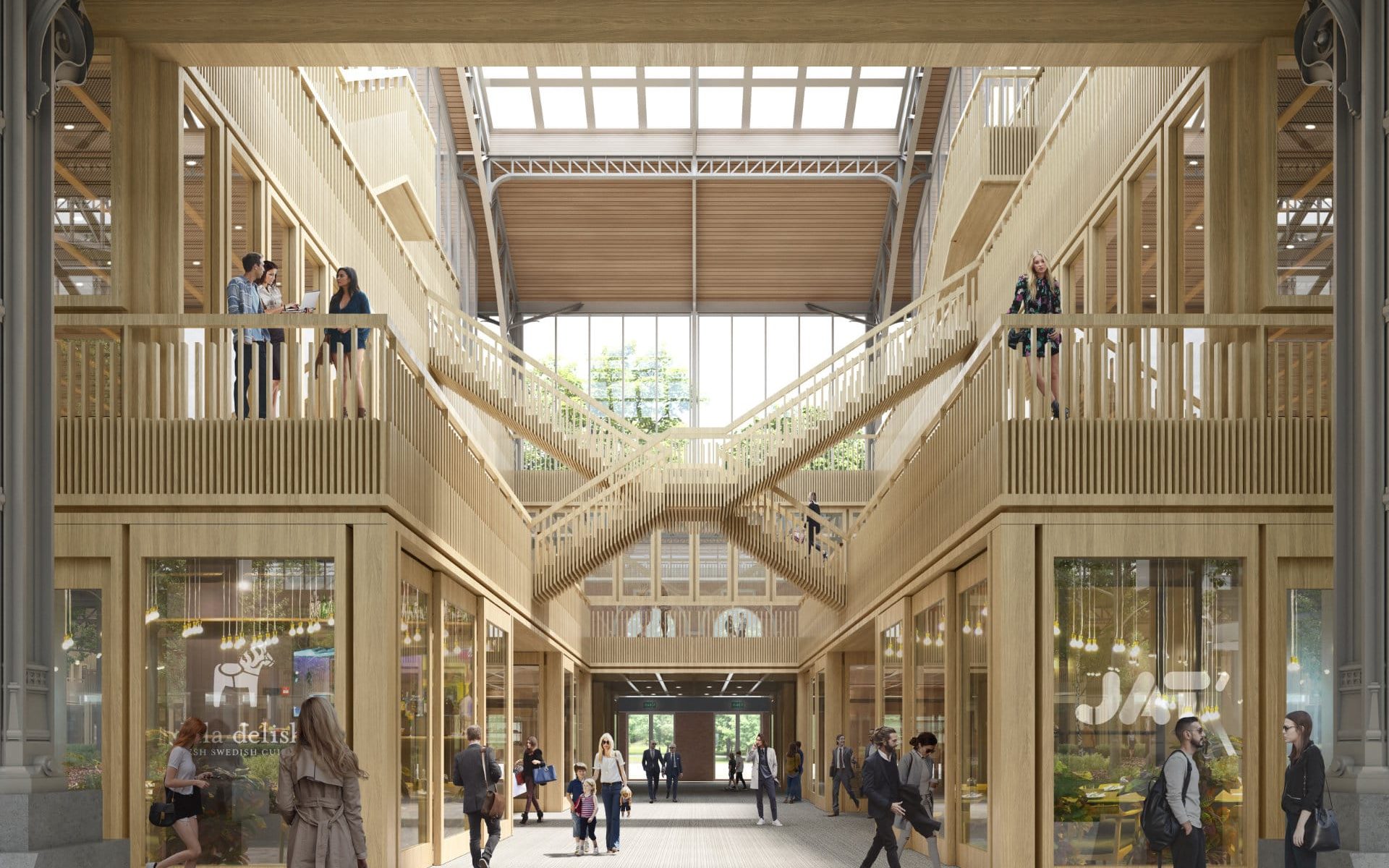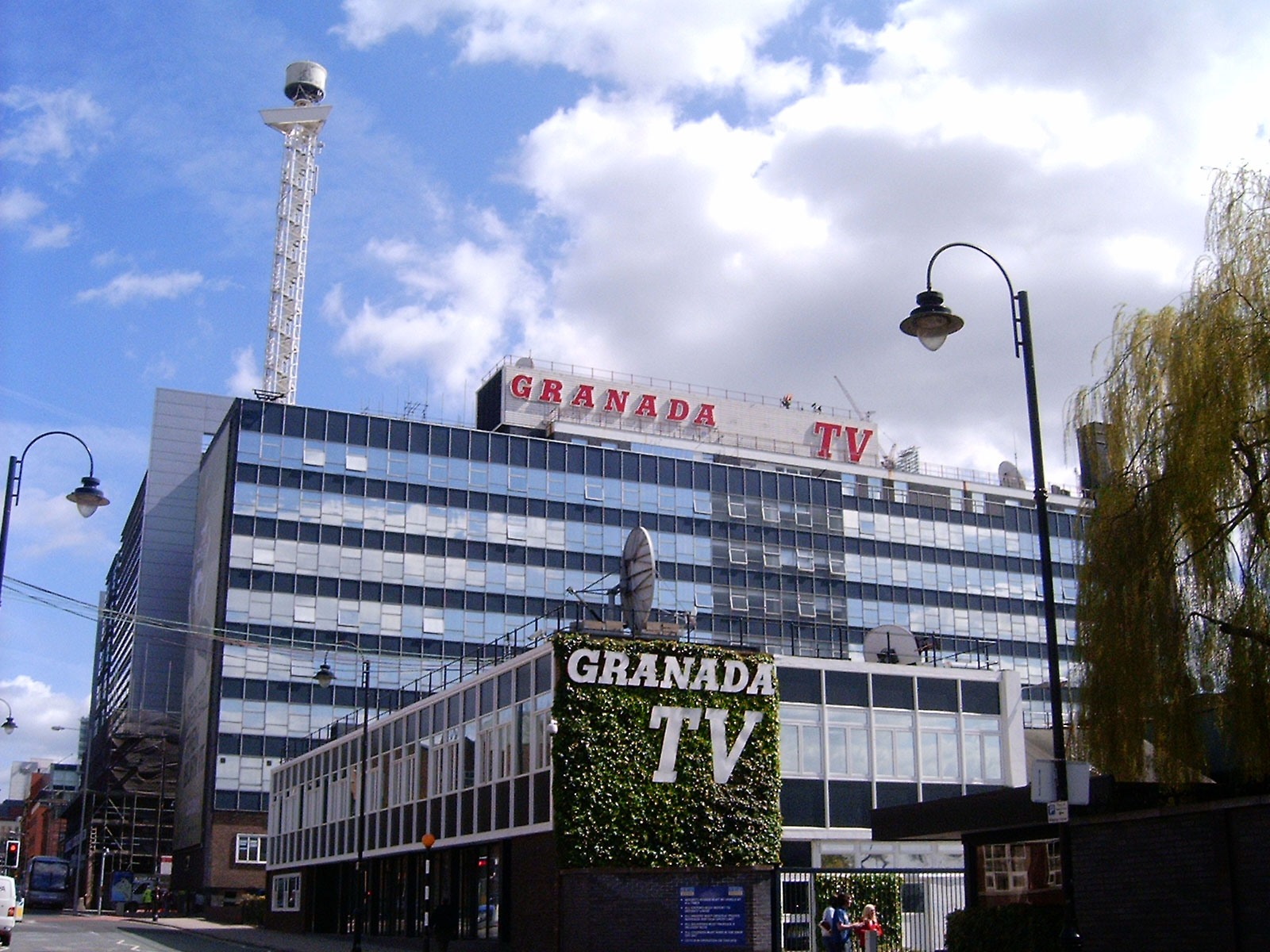Melamine is a key ingredient in almost all intumescent fire protective coatings. However, there are now serious concerns about whether it is hazardous. Protection against fire should never compromise the health and safety of the workers that apply products, the inhabitants of properties, and the wider public. Therefore, it is absolutely crucial to consider the risks before choosing any products. Continue reading “Is melamine in fire protective coatings hazardous?”
University of Navarre
The challenge was protecting from fire the huge surface of the glulam and CLT structures without affecting the natural atmosphere created by the raw wooden surface.
AITHON ATR24 was the solution. Specifically developed to achieve Class B-s1-d0 on glulam and CLT, the best performance according to the latest BS EN 13501-1 fire safety standard, this transparent coating leaves the timber surface looking like untreated. Beyond fire protection, AITHON ATR24 grants Class A+ air emissions and BREEM compliancy.
The building with a large central courtyard has a structure that consists of glulam beams and columns, complemented by internal vertical and façade enclosures, as well as CLT (cross-laminated timber) panel floors. The creators claim that the project is made with wood that is regenerable and 100% emissions-absorbing.
Beyond the wood, the new Faculty of Health Sciences in Navarre will be "energy-positive, not using fossil fuels, and will produce more energy annually than it consumes for heating, cooling, ventilation, and lighting.
The building, designed by the Pamplona-based architectural firms Bryaxis and VArquitectos, contains nearly 10,000 square metres of timber surface.
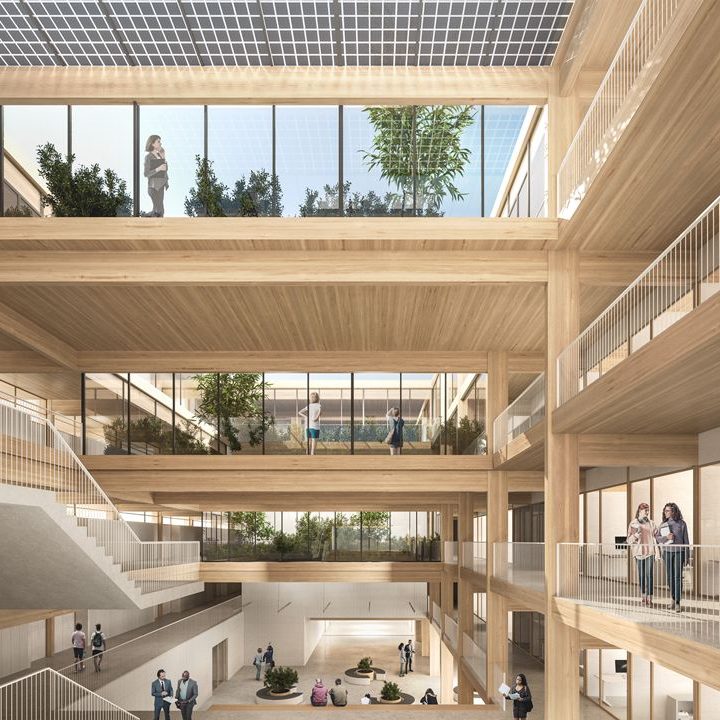
MELAMINE IS CARCINOGENIC CATEGORY 2
Based on scientific evidence that melamine may cause cancer and damage to organs through prolonged or repeated exposure, since 1 December 2023 melamine has been classified and labelled as Carcinogenic Category 2 – H351 (1).
Melamine is one of the most traditional components of intumescent paints, a key component of almost all formulas used throughout the world since the sixties.
Being identified as a substance for which there is scientific evidence of probable serious effects to the human health, on 7 February 2024, melamine has been also listed by ECHA among the substances recommended for inclusion in Annex XIV(2), that lists Substances of Very High Concern (SVHC), and it was proposed to prioritise such inclusion (3).
Offering products to create a safe and healthy environment has been always our commitment; fire protection cannot be achieved to the detriment of the health of those who apply fire protective systems and those who will live or work in that environment.
That’s why AITHON A90H, widely used to protect concrete and steel structures in many countries, not only grants Class A+ air emissions but, like all our products, is totally MELAMINE FREE.
(1) According to the harmonised classification and labelling (ATP18) approved by the European Union. (2) Date when the 12th draft recommendation for inclusion in Annex XIV to the REACH Regulation was published on the ECHA website. (3) ECHA – Draft background document for melamine of 7 February 2024
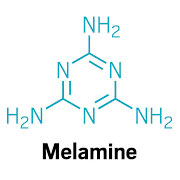
La Gare Maritime – LT and CLT structures
Fire protection of LT and CLT structures: la Gare Maritime
This architectural marvel, designed as a bustling city district shielded under magnificent steel roofs, stands as the grandest Cross Laminated Timber (CLT) project in all of Europe and AITHON PV33 has been chosen to protect its wooden structures in case of fire.
The historic railway station was reborn as a captivating covered cityscape from the visionary minds at Neutelings Riedijk Architects. Offices, shops, cafés, and restaurants seamlessly interwoven with ample public spaces, create a vibrant urban oasis where it never rains – a city within a city. The use of CLT, or Cross Laminated Timber, not only lends a warm and natural aesthetic but also expedites construction through prefabrication and a dry building process.
But Gare Maritime is not just a testament to modern design; it champions sustainability with circularity at its core. Modular building elements and the repurposing of original paving stones showcase a commitment to minimizing environmental impact. The entire structure is energy neutral and fossil-free, boasting solar cells on glass facades and an extensive 17,000 m2 of solar panels on the roofs. Geothermal energy and rainwater reuse further underscore its eco-friendly ethos.
Wander through the wooden pavilions that form a mosaic of boulevards, streets, parks, and squares seamlessly blending with the surroundings. A central public space boasts a climate that evolves with the seasons, while a pedestrian promenade, reminiscent of Barcelona's Ramblas, connects charming interior gardens adorned with 100 trees.
Marvel at the interconnected pavilions, linked by sculptural oak stairways gracefully crossing over the streets.
It's not just aesthetics; every detail is considered, including the stringent fire resistance requirement for timber floors. AITHON PV33, a carefully chosen solution, ensures not just safety but elegance, with successful fire tests conducted on prefabricated floor specimens.
Gare Maritime is more than a renovation; it's a transformation, an urban symphony where history meets innovation, and sustainability harmonizes with style. Welcome to a city reborn – Gare Maritime, where architecture tells a compelling story of reinvention.
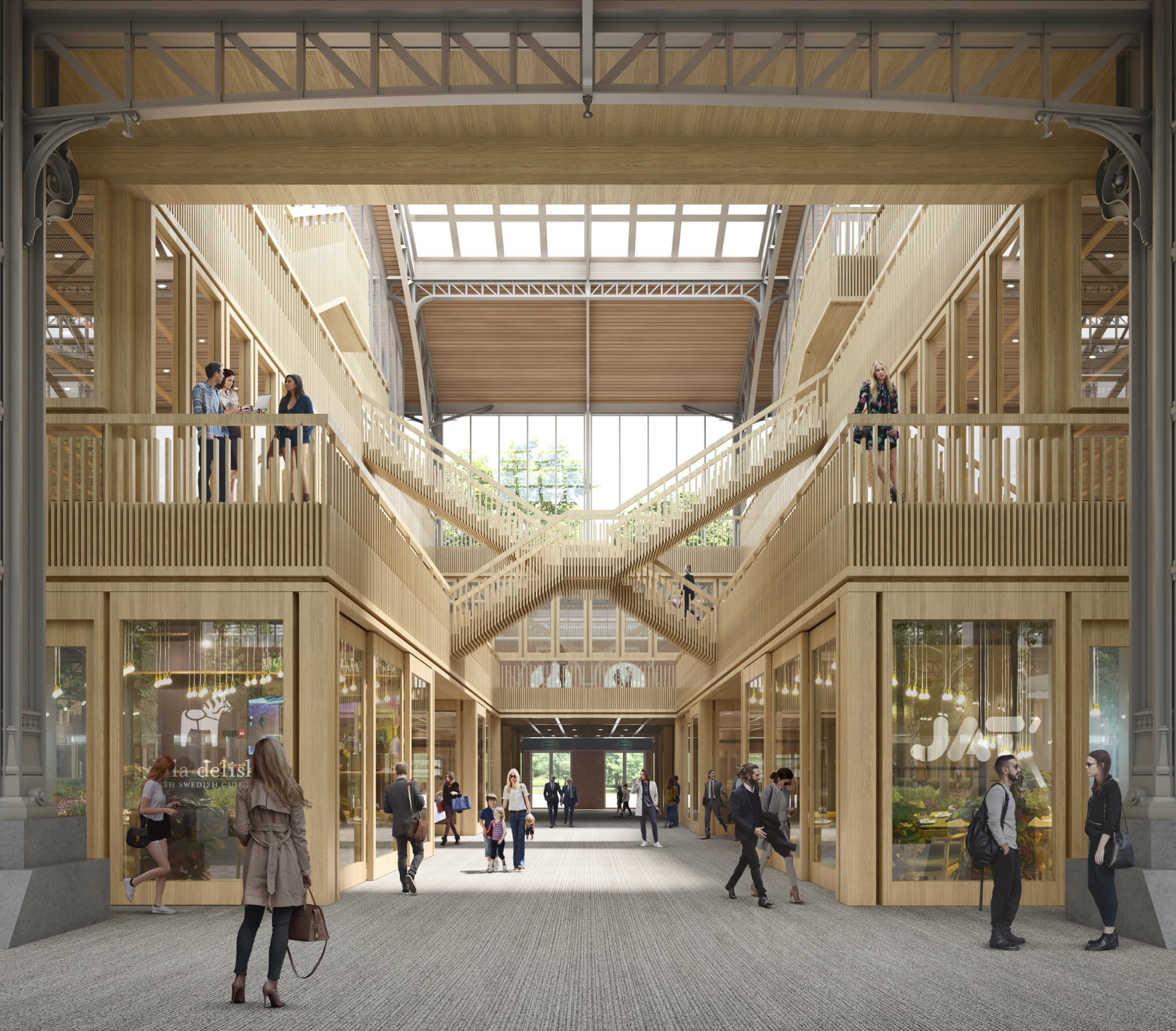
Il Fondaco dei Tedeschi – Timber structures
Il Fondaco dei Tedeschi - Timber structures
The Fondaco dei Tedeschi has been a part of the history of Venice for as many as eight centuries, first built in 1228 and then rebuilt after a devastating fire in 1508.
As its name suggests – its translation literally meaning “warehouse of the Germans” – since medieval times the building was used as a trading post by German merchants who stocked here their goods arriving from Nuremberg and Augsburg. The German community continued to use the building until the Napoleonic invasion of 1797.
